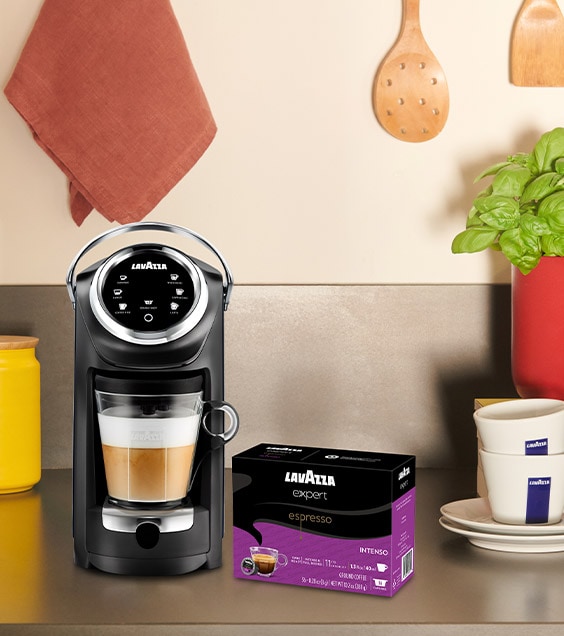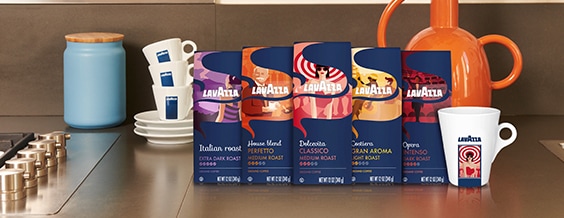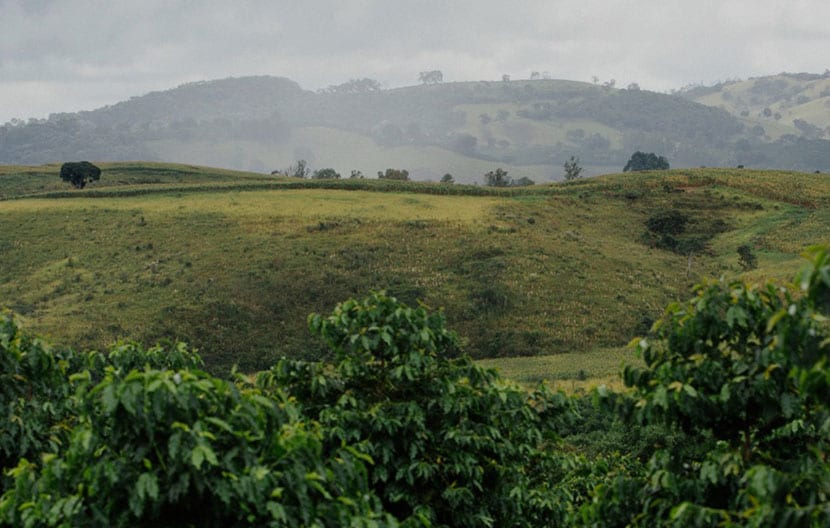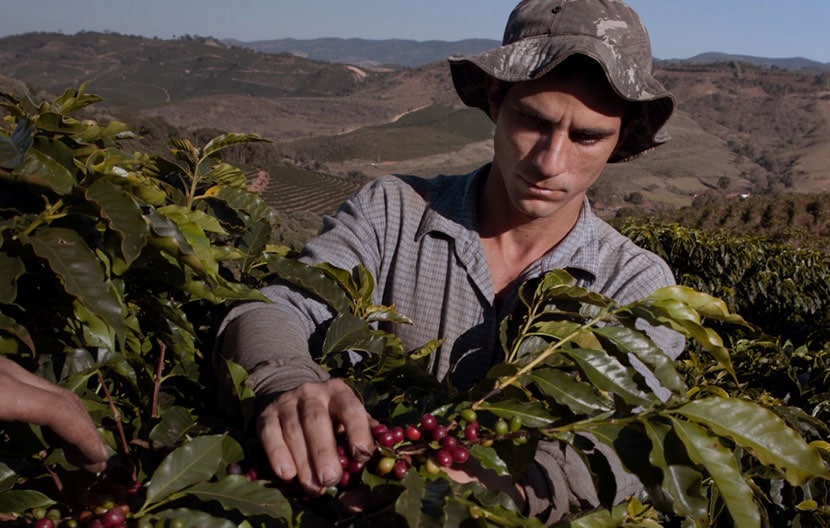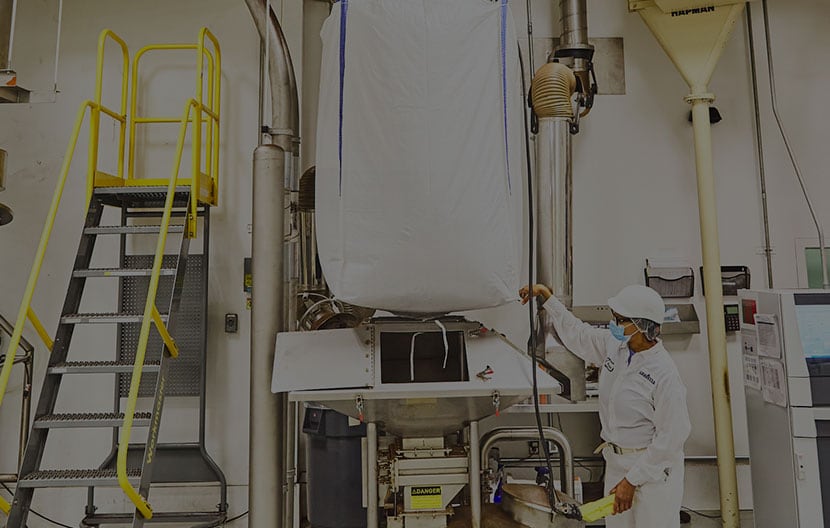*Lavazza is not affiliated with, endorsed or sponsored by Nespresso


How to Live a Sustainable Lifestyle, Even When Making Coffee!
Adopting a sustainable mindset might seem overwhelming for many, but even the slightest change can contribute to a brighter future. Starting from a seemingly mundane routine like brewing coffee can present an opportunity for conscious living and learning how to live sustainably.
Coffee, our beloved beverage that helps us kick-start our day, has an environmental footprint. With knowledge and commitment to change, we can transform our coffee habits into a sustainable act of conscious consumption. By learning the ways to live a more sustainable lifestyle and adopting eco-friendly practices, you can minimize the impact without lowering the quality and enjoyment of your coffee experience.
How to Make Your Coffee Habits More Sustainable
Climate change can have a significant impact in coffee productivity and quality, risking the farmers' survival depending on the success of their crops. By purchasing sustainability-supporting coffee beans, you’re also investing in tackling the harmful effects of climate change.
The use of coffee machines can also have an effect on the environment. You can opt to use a Moka Pot or coffee press to reduce the use of electricity for a lower footprint living at home.
If you’re not the type to make your coffee at home, you can always use a reusable coffee cup when buying coffee. It’s one of the easiest ways to be sustainable in everyday life, and this habit alone can contribute much to sustainability.
How to Avoid Wasting Used Coffee?
Can you recycle coffee waste? There are some ways to repurpose your coffee grounds, like using it to make a natural exfoliating scrub for your skin. Coffee waste is also a great way to neutralise foul odours by storing it in your fridge.
If you have a green thumb, you can also repurpose your coffee waste as fertilizer for your plants. Coffee ground waste is particularly effective in removing slugs and snails, so they can’t invade your houseplants. However, you must compost the waste for at least 100 days to reduce some compositions in the coffee grounds, such as caffeine, tannins, and chlorogenic acid.
What Are 3 Ways to Be Sustainable in Everyday Life?
There are many ways to change your routines and try living more sustainably. You can start making small changes supporting sustainability by incorporating several small habits.
USING REUSABLE CONTAINERS
To start learning how to live sustainably, you can bring reusable containers, such as travel mugs, wherever you go.
You can also bring reusable containers when you buy groceries, so you don’t have to use too many plastic bags to bring your goods back home.
If you don’t have time to make your own lunch, bring an empty lunchbox from home and use it for leftovers when you buy lunch later. The same goes for beverages that you purchase outside. Many fashionable tumblers and metal straws exist to support a sustainable lifestyle, so you don’t have to buy single-use plastics.
USE ENERGY AND ELECTRICITY WISELY
Saving energy and electricity doesn’t mean limiting your usage, but rather optimising their use and turning off the ones you’re not using. Do you turn off the lights in your home when you’re going out? If your answer is yes, you’ve contributed to sustainability! You can also replace your light bulbs with energy star-qualified lamps, which give the same amount of light with around 75% lower energy.
Apply the same mindset to your dishwasher and laundry. It’s better to run your washer in full loads so you can use it less often. Not only are you saving energy and implementing sustainability in everyday life, but you can also lower your utility bill.
PAYING ATTENTION TO PRODUCT LABELS
Now it’s easier than ever to find eco-friendly products and help those living a sustainable lifestyle. Several organizations, like the Rainforest Alliance, certify sustainable products before they go to the market, and you can differentiate these certified products by their label.
These organizations set strict standards and thoroughly assess how the products adhere to sustainability principles. Companies that obtain these certifications pay attention to environmentally friendly cultivation techniques, reduce their ecological footprint, promote resource efficiency, and prioritize the well-being of workers and communities involved in the production process.
